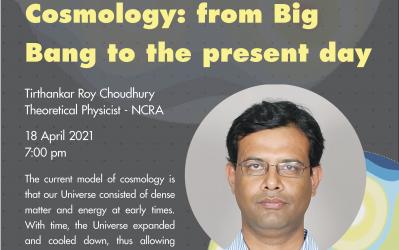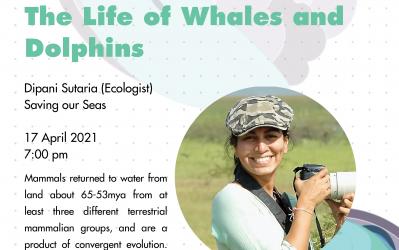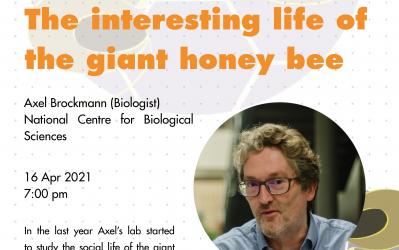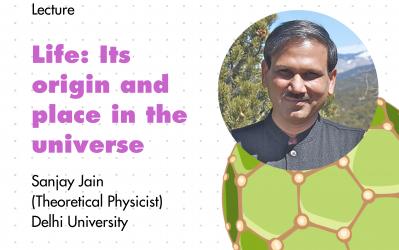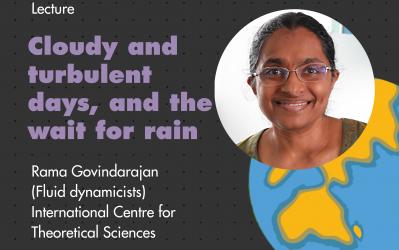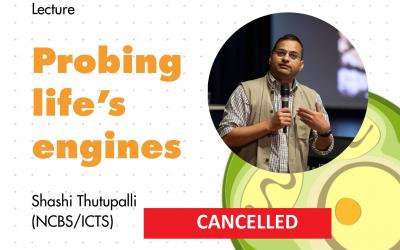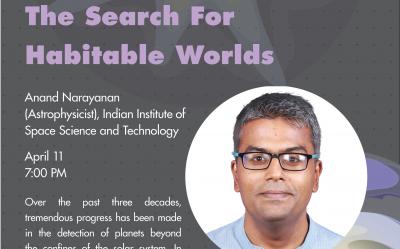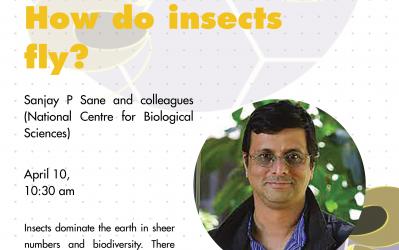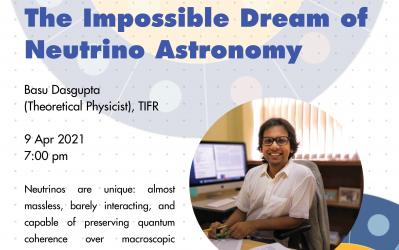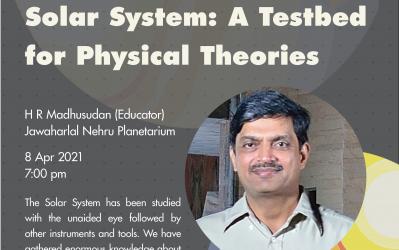
CosmicZoom is a virtual exhibition organized by ICTS. This exhibition takes the visitors through the different length scales of the Cosmos, from the smallest scales of subatomic particles to the largest scales of the observable universe. Several online events were organized in April 2021 as part of the CosmicZoom, which are archived here.


